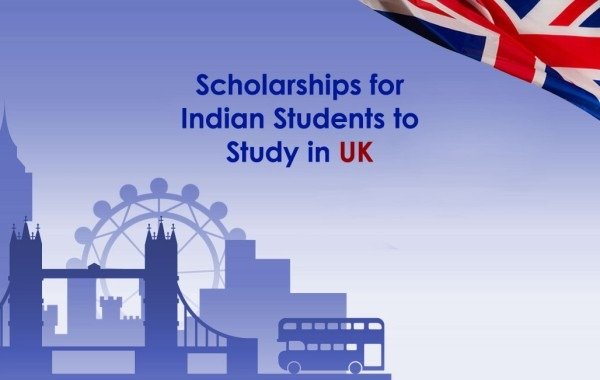In an increasingly globalized world, education has become a powerful tool for empowering individuals, fostering international collaboration, and driving socioeconomic development. The United Kingdom, renowned for its prestigious educational institutions and commitment to academic excellence, has long been a magnet for students seeking quality education. To further its goal of nurturing global talent, the UK has implemented numerous scholarship programs over the years. In this blog, we will explore the transformative impact of UK scholarship programs, focusing on their history, key initiatives, eligibility criteria, and the remarkable success stories of scholarship recipients.
History of UK Scholarship Programs
The tradition of scholarship programs in the UK dates back several decades, with a notable milestone being the establishment of the Commonwealth Scholarship and Fellowship Plan in 1959. This initiative aimed to provide opportunities for students from Commonwealth countries to pursue higher education in the UK. Since then, the UK government, educational institutions, and external organizations have introduced several scholarship schemes to attract international students.
Key UK Scholarship Initiatives
- Chevening Scholarships: Launched in 1983, the Chevening Scholarships are funded by the UK Foreign, Commonwealth, and Development Office. They offer fully-funded scholarships to outstanding individuals worldwide, enabling them to pursue postgraduate studies in the UK. Chevening scholars develop crucial skills, build networks, and contribute to their home countries’ development upon their return.
- Commonwealth Scholarships and Fellowships: Administered by the Commonwealth Scholarship Commission, these scholarships are targeted at students from Commonwealth countries. They cover various study levels and disciplines, emphasizing development-focused fields such as healthcare, education, and sustainable development. The program supports scholars in becoming change agents in their communities.
- Gates Cambridge Scholarships: Funded by the Bill and Melinda Gates Foundation, this program supports outstanding students from around the globe who display exceptional intellectual ability and a commitment to improving the lives of others. The scholarships cover the full cost of studying at the University of Cambridge, promoting academic excellence and social leadership.
Eligibility Criteria and Selection Process
Each scholarship program has its own eligibility criteria, but common factors include academic merit, leadership potential, and a clear vision for contributing to society. Applicants are typically required to hold a bachelor’s degree or its equivalent, demonstrate English proficiency, and submit supporting documents such as academic transcripts, recommendation letters, and a personal statement. The selection process involves rigorous evaluation, including interviews and panel assessments, to identify the most deserving candidates.
Success Stories and Impact
The impact of UK scholarship programs is best reflected in the success stories of their recipients. Scholars have gone on to become influential leaders, policymakers, researchers, and entrepreneurs, driving positive change worldwide. For instance, Malala Yousafzai, the youngest Nobel laureate, was a recipient of a UK scholarship and used her education to advocate for girls’ rights and access to education. Many scholars have returned to their home countries to apply their knowledge and skills, addressing pressing challenges and contributing to sustainable development.
UK scholarship programs have played a pivotal role in unlocking the potential of individuals from diverse backgrounds, empowering them to make a difference in their communities and the world at large. By providing opportunities for education, fostering cross-cultural understanding, and nurturing global leaders, these programs have created a ripple effect that extends far beyond the scholars themselves. As the world continues to face complex challenges, the UK’s commitment to scholarship programs serves as a beacon of hope, fostering innovation, collaboration, and the pursuit of knowledge for a better future.


